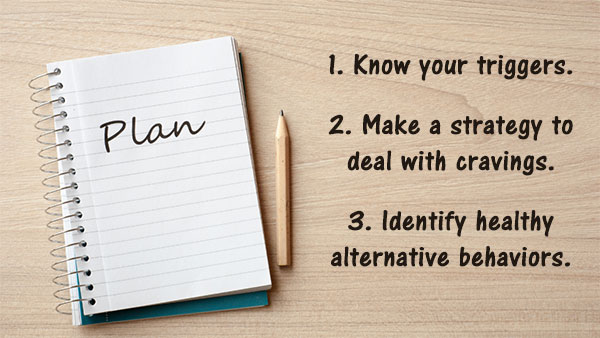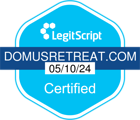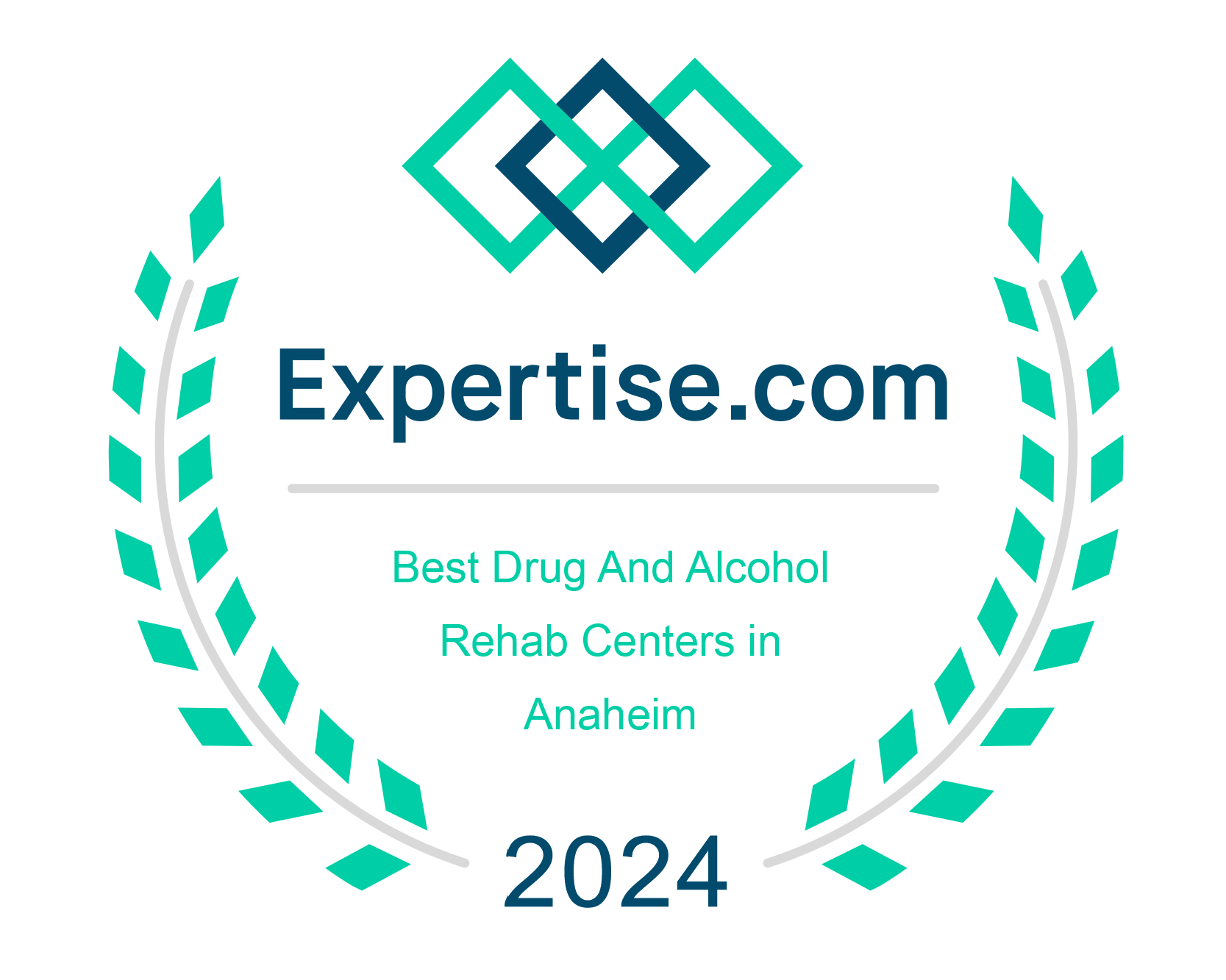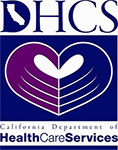Recovering from addiction is a challenging and often lengthy process. Most people who have suffered from substance use disorder are at risk for a relapse, although there are many ways to prevent this type of setback. Here we provide you with a guide containing ideas for relapse prevention. You can learn more about relapse and tools for keeping yourself or a loved one safe and sober.
What Is a Relapse?
Addiction can cause intense cravings and dangerous drug-seeking behaviors. Overcoming addiction takes more than commitment-it requires awareness, acceptance, self-control, and, ideally, professional mental health and substance abuse treatment. Once a person becomes sober, he or she is at significant risk for using drugs or alcohol again. Returning to substance use after a period of sobriety is an event known as a relapse.
Relapse can occur because of the changes to the brain, mainly the nervous system, which transpires during addiction. When someone is using drugs or alcohol, their brain structure actually changes. These changes in the brain structure and function can cause several dangerous effects, including but not limited to:
- intense cravings
- changes in personality
- impaired judgment
- decision making
- learning
- memory
- behavioral control
Most people experience substance use disorder along with another mental health disorder. Frequently the mental health condition precedes substance use disorder. When a substance abuse program does not diagnose, guide, or initiate an individualized mental health treatment plan, the patient is likely to relapse.
Identifying the Stages of a Relapse
Relapses look different for each person. There is no set series of stages that a person goes through. Although the details and experience may look different, there are some common triggers to watch for.
David Livingston, LMFT, the Clinical Director of Domus Retreat, emphasizes that external and internal factors make someone vulnerable to relapse. He explains,
“Difficult times including loss, isolation, loneliness, boredom and lack of meaning can be factors that instigate a relapse. Frustration that lasts too long, accompanied by a lack of vision on how to move forward, are often critical factors in relapse.”
Contrary to popular belief, relapses do not just happen when a person feels down, sad, or depressed. Relapse may also occur at high points in a person’s life. For example, getting a promotion, becoming engaged, or having a child can be positive events that trigger a relapse. Often this happens because a person wants to celebrate with something rewarding. They plan to have “just one drink” or “just one fun night,” which can trigger a neurological response at the chemical level, leading to a full-blown return to substance use.
As Clinical Director of an internationally recognized addiction recovery retreat, David Livingston M.A., LMFT has helped countless patients through addiction recovery. He notes that a relapse can be short or extensive.
“When the relapse is short, there is typically a strong motivation to stop, driven by a sense that the substance dependency is a burden. Using the substance feels like a trap, rather than a reward. This distinction between looking forward to using the substance, as compared to feeling burdened by it, is a major determining factor in how long a relapse lasts.”
How to Respond to a Relapse
For the Person Experiencing the Relapse
It can be difficult for someone in the throes of relapse to recognize the extent of the danger they are in. Relapses often start with the feeling that you can remain in control of your substance use. “It’s just to get me through the next couple weeks” or “I deserve this one chance to party with my old friends” are examples of rationalizations people use when experiencing a relapse.
As Mr. Livingston explains,
“Regardless of the reason for the relapse, the ability to control a relapse is hard for two reasons. First, the substance activates the brain’s reward system, which feels good. Second, it simultaneously lowers the ability to feel, and especially to feel fear. Fear is one of the most effective inhibitory processes that prevents us from doing dangerous things. This combination of reward and lack of fear often leads to a full relapse.”
One of the best ways to respond to a possible relapse is to recognize the early warning signs and use specific coping skills to deal with unwanted emotions. You can try thinking of all of the positives of a sober lifestyle and the negative aspects of substance use. Remember the reasons you quit in the first place. Do you feel better? Have better relationships with loved ones? Enjoy having more money to put to other uses? Respect yourself more? All of these can be powerful motivators to stay sober. According to David Livingston,
“The biggest shift in maintaining sobriety is wanting out of the burden of the dependency rather than looking forward to using the substance. It’s easy to stay away from something we no longer want or like — that’s the end of cravings.”
For Family Members and Loved Ones
Family members can also help by supporting the person and helping them identify problematic behaviors. The most important thing is to help without accusing or shaming your family member. Shame is an unhelpful tool, as it makes a person feel unworthy of help. Attempts to blame or shame someone can also elicit defensiveness, placing them further along the path to relapse.
Instead, focus on being constructive, understanding, and supportive. While relapse is a scary and often discouraging episode for all those concerned, remember that it will be especially disheartening for the person suffering from substance use. They will be dealing with fear, shame, and personal feelings of regret, frustration, and most of all, hopelessness. More than ever, they will need a strong support system – people who believe and can help them surpass this stumbling block. Remember, relapse is part of a learning curve, a temporary obstacle to long-term sobriety. Loved ones need to reinforce their support and commitment while reminding them that their efforts were not in vain and they owed to themselves to keep trying.
Creating a Relapse Prevention Plan

If the relapse already occurred, it is essential not to point fingers or voice negative and hurtful feelings. To get through this stressful time successfully, we need to insert positive energy while ensuring the possibility of a hopeful future. It is also important to remember that although this might be a time full of uncertainty, you have succeeded once, and you can do it again. Furthermore, the path to long-term sobriety is not always linear. Similar to life, relapse has its ups and downs, but above all else, it is an event that does not have to dictate your fate.
Anyone who has struggled with addiction should know the warning signs of relapse. Creating a relapse prevention guide is the best way to stay safe. Here are some ideas of steps that can help you create a relapse prevention plan:
1. Know your triggers.
Understanding why you are likely to relapse is the best way to prevent it from happening. In other words, identify the people, places, and events that are likely to trigger your cravings. Use these questions to determine your triggers:
- What people remind me of my drug or alcohol use?
- Are there specific locations that trigger memories of using?
- What thoughts did I usually have before I craved the substance?
- Are there certain feelings that make me feel intense cravings (e.g., sadness, loneliness, emptiness, frustration)?
- Maybe certain times or occasions that overwhelm me?
2. Make a strategy to deal with cravings.
Once you identify a trigger, how will you deal with it? One option is to tell a friend or loved one that you’re struggling. Another option is simple — whenever possible, avoid the situations that cause you to crave drugs or alcohol. This may include changing friend groups, steering clear of old haunts, and deleting phone numbers of problematic people.
3. Identify healthy alternative behaviors.
Then, identify healthy behaviors that can help you when you get a craving. Exercise, support groups, journaling, mindfulness meditation, and being around loved ones can be good alternative behaviors. The goal is to give your brain a natural reward boost so that you do not depend on the substance for that feeling.
If you still believe your recovery is in jeopardy after all that, reach out for some professional assistance. Getting help does not mean that you are weak or failed. On the contrary, it indicates that you are wise and committed to your recovery health-attributes that should provide you with inspiration and pride.
Choosing a Relapse Prevention Program
When choosing a relapse prevention program, consider those offering individualized treatment plans – those who are willing to tailor treatment to best fit your needs.
An effective relapse prevention program can help you make the shift from craving drugs or alcohol to no longer feeling like they have control over your life. “That’s the shift we’re looking for,” says David Livingston, Clinical Director of Domus Retreat.
“When a person finally internalizes the feeling that the substance will not meet their needs, that’s when cravings end.”
Domus Retreat offers a unique relapse prevention program that has helped many people overcome the claws of addiction. Unlike a 30-day rehab program that requires you to disconnect from the outside world and follow a standard protocol, Domus Retreat tailors the length, the care, and services you receive based on your unique needs. You can stay a few days or a few weeks. You will receive individualized treatment tailored to your personal needs.
The goal is to prioritize your emotional health while cultivating wellness. We will help you identify and manage issues that have overwhelmed you with doubts and fears, issues that have prevented you from living a life free from drugs and alcohol.
Your personalized treatment plan may include individual psychotherapy, counseling, tai chi, yoga, and drama therapy. At Domus, we believe that understanding your actions and emotions without criticism or judgment is the key to personal growth. We encourage you to find a connection with people, nature, or your own spirituality to reduce stress and form a relationship between your physical and emotional well-being. Together we help you improve self-awareness and sense of control so you can make healthier and more thoughtful decisions.
Reviewed by Clare Waismann, RAS / SSUDCC, Founder of Domus Retreat®
All topics for the DomusRetreat.com blog are selected and written based on high editorial quality standards and cited source material. Clare Waismann, Registered Addiction Specialist (RAS), Substance Use Disorder Certified Counselor (SUDCC) and founder of Domus Retreat and Waismann Method® reviews articles for accuracy, credibility, and relevancy. Clare Waismann is an authority and expert on opioid dependence and related topics covered on the DomusRetreat.com blog. One of Domus Retreat’s specialists also reviews some articles depending on their area of expertise. For additional information and disclaimers regarding third-party sources and content for informational purposes only, please see our Terms of Service.




















